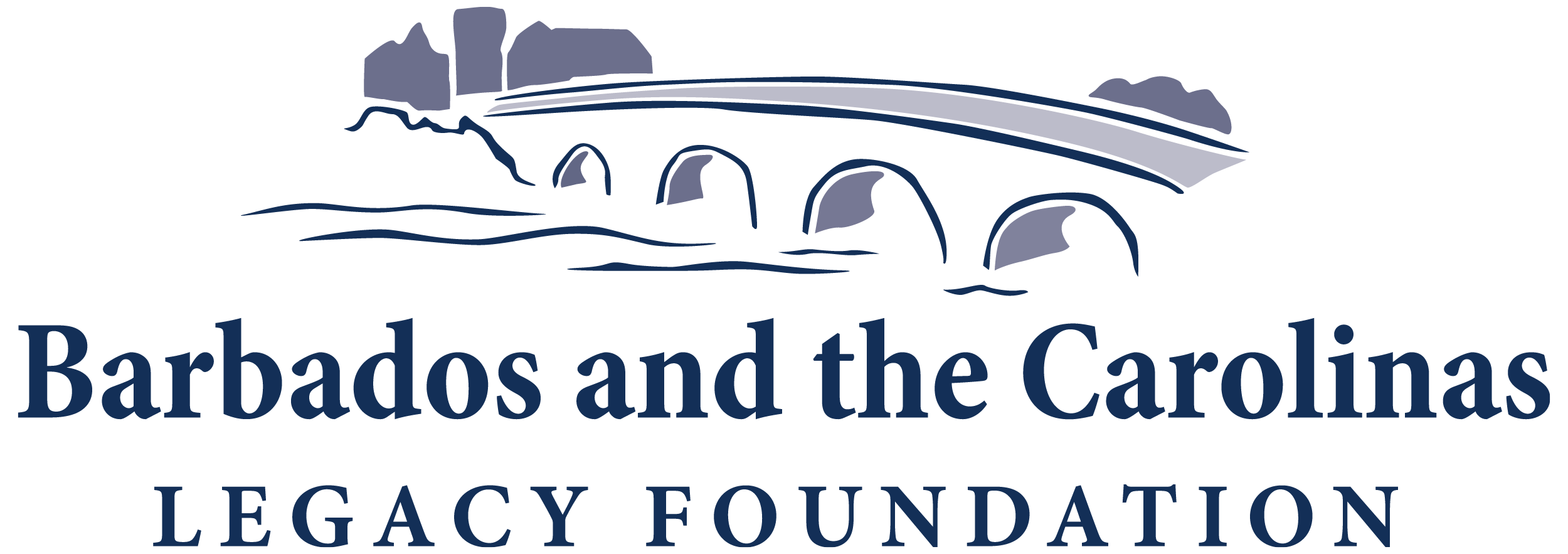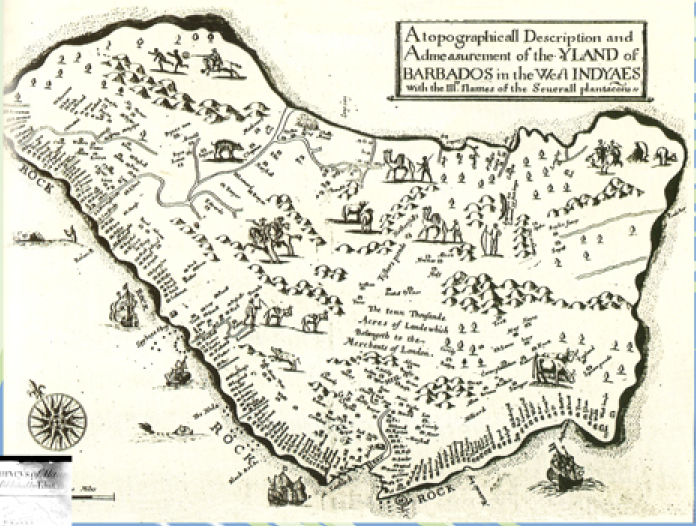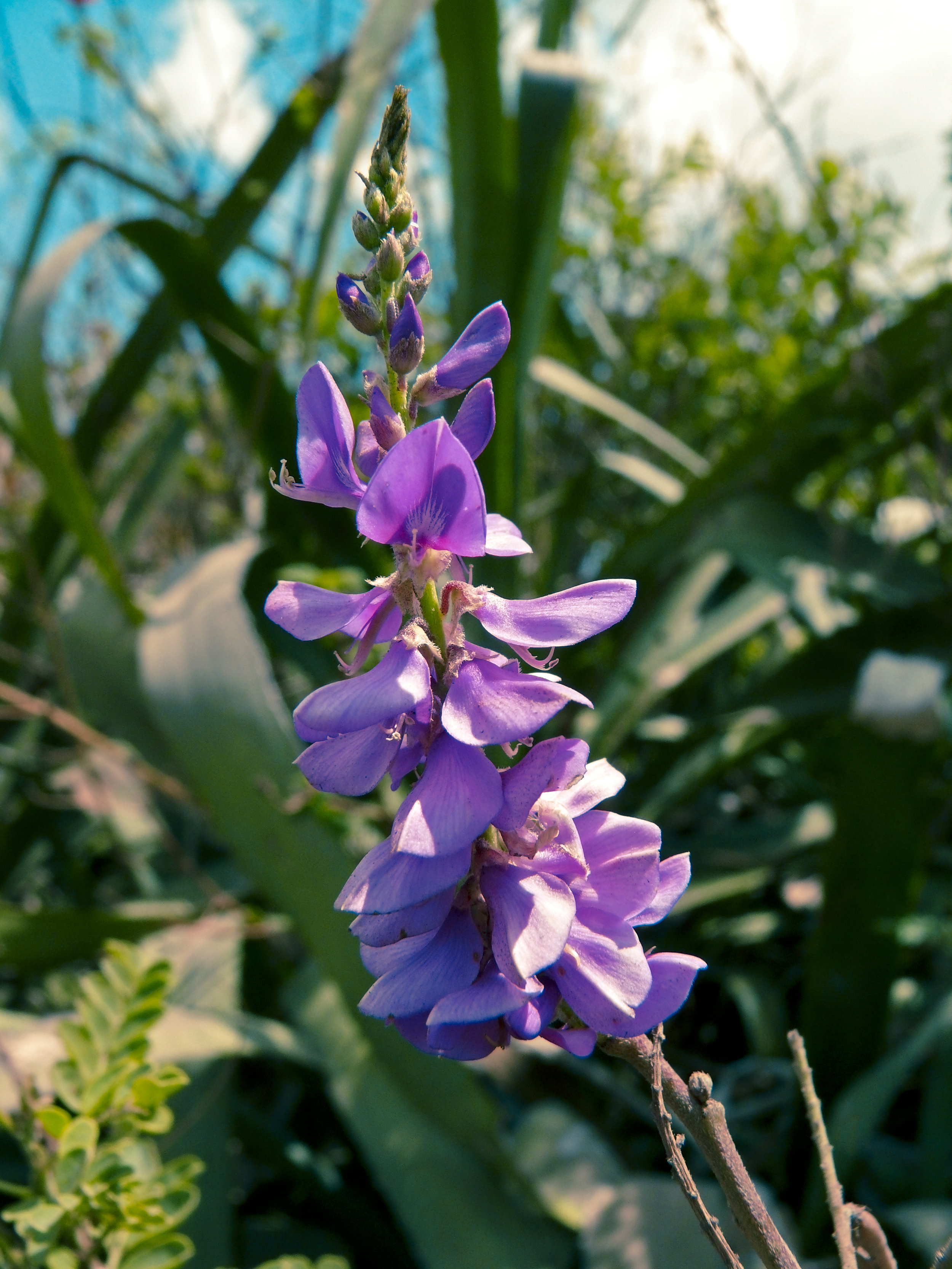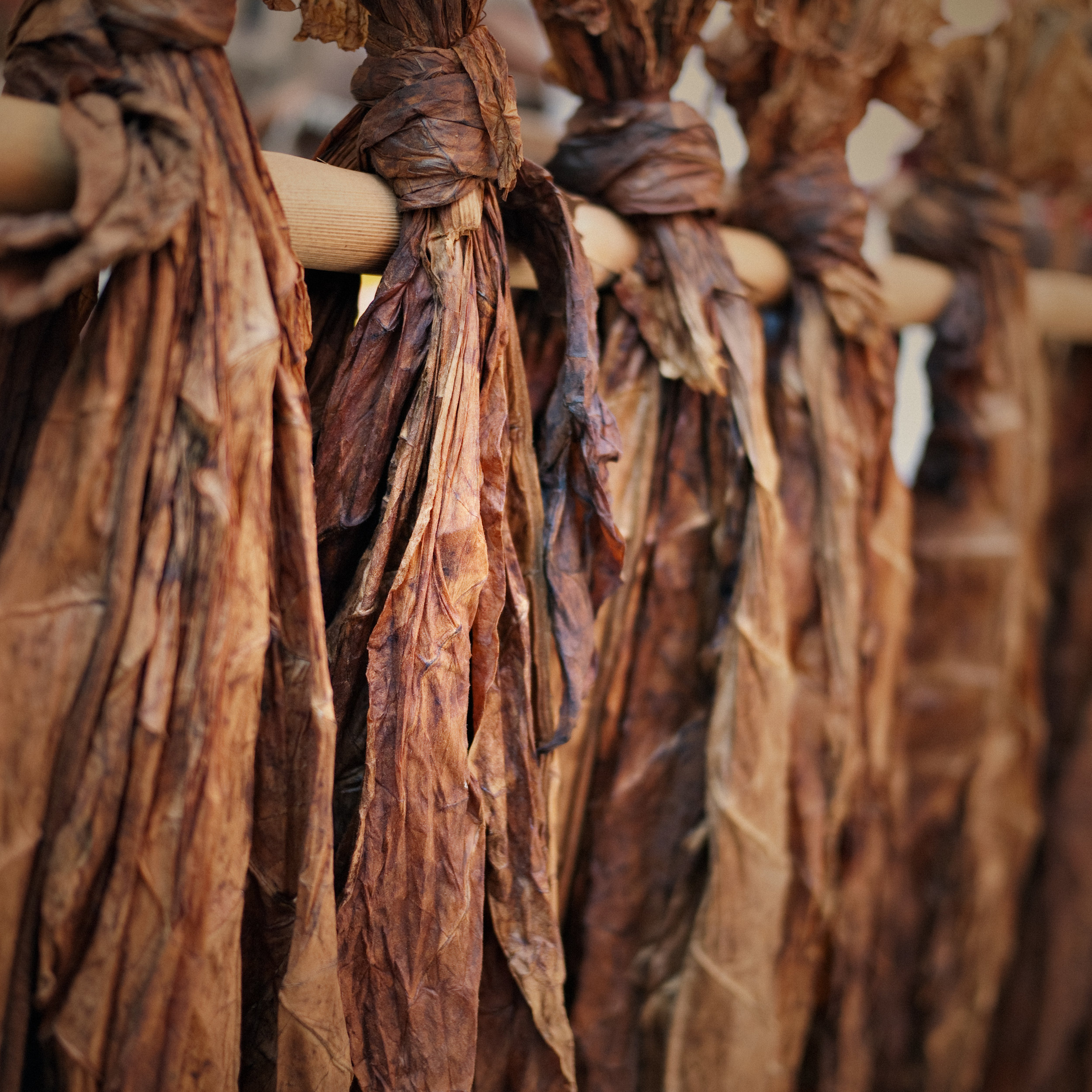The Colonial Period - a tsunami of social proportions
Posted by Rhoda Green
“There is a tide in the affairs of men, which taken at the flood, leads on to fortune…” Mother Nature and Father Time are always in sync. Fall influences life and pulls it on its many courses. I too respond to its rhythm, and my imagination, with wings ever-ready for flight, takes an unexpected swerve. Are you ready for what may be a rocky ride over unfamiliar terrain? I hope trust between us is building on each journey we undertake. I’ve got my virtual gear and apparatus in readiness to cover never-before-imagined spheres. With a virtual radar in my arsenal, should I need it for orientation, I’m prepared. Let’s go.
The partial quote of William Shakespeare was penned during the colonial period –an era of new. The hopes and dreams of some – the bane and pain of others were still being written on the pages of human history. The race was on to discover and claim new lands. Each exploratory voyage would be an encounter with unpredictable forces: elements of nature, trade winds and tides, storms and hurricanes. Young Englishmen, guided by ambition and adventure, would take to the high seas and oceans although they knew that the journey across the Atlantic would be treacherous. A more daunting outcome might be a run-in with a ship manned by a crew of barbaric, seasoned and salty pirates who were known to prowl the waters of the Atlantic Ocean and Caribbean Sea in search of plunder. They had a reputation for wanton violence that they justified with blood-chilling commitment. This journey was for the brave of heart -not for the timid and unresolved.
Exploration was all consuming. The search for new frontiers – the prospect of new opportunities and wealth — beckoned from beyond where sky and sea meets. Sprawling horizons yielded to give passage only to those who dared to venture – to claim – to occupy.
In 1625 one John Powell, an Englishman, and his crew traveling homeward from Brazil made a stop on what they called “Los Barbados.” In 1627 on a return visit to the island they decided to do a little exploring. They liked what they saw and later settled there and claimed the island, now called Barbados, for the British Crown.
In the present a tinge of chill is in the air – summer is waning in obedience to Nature. Splashes of varying hue appear on once verdant trees. Harvest time is approaching! In concert with Nature, I too am prone to gathering– not wheat or corn, but thoughts and experiences from the summer past. Sorting these images one image in particular is most prominent in my mind: Tsunami! Tsunami?? Societal tsunami….. Barbados!
Barbados surfaced in the Atlantic eons ago from tectonic uplifts in the Atlantic Ocean and Caribbean Sea. In 1627, during the first few years of settlement, trial and error determined what crops would be cultivated on this uplift of 166 square miles. Irish, Scots, and countrymen of lower standing were the first labor force. Working in fields planted with crops of tobacco, cotton and indigo, this workforce was “Barbadoes.” A fate worse than death, it’s recorded, awaited those who were sentenced under Cromwell to work in Barbados, the belly of hell.
Slowly sugar emerged as a profitable crop which yielded massive wealth for the British. Millions of enslaved Africans – human cargo – were herded like cattle onto ships for a nightmarish trip across the Atlantic in the bowels of a slowly moving craft not designed to transport so many. For enslaved Africans this was their introduction to Barbados and to the Americas. Many chose death rather than endure the rigors and the human debasement of the journey. What awaited those who survived beyond the ken was inconceivable.
Barbados quickly rose to a place of prominence in the Atlantic World – Little England, the Gem of the Caribbean. Historians tell us it’s in Barbados the British acquired the background and mastery to control and govern a plantation society. That model of governance – the “Barbados Model” was adapted and transplanted to other British Caribbean colonies. In 1664 and 1670 with little available land to be found in Barbados, a group of speculators, the Barbados Adventurers, set sail on two more expeditions to settle more territory, Carolina. They sailed equipped with what was needed to establish a new settlement: indentured servants, enslaved people, and a tested-and-tried system of governance. On both landings in Carolina the British colonists; now with a distinctive moniker, “Barbadians”; encountered Native tribes. Some gave aid and counsel thereby enabling the new settlers to traverse their new surroundings. Other Native tribes fought and resisted them. There was first a flow, then a wave, then a surge of humanity which gave rise to a new and different society. A societal transformation was already underway; a societal tsunami was rising, billowing from east to west. It changed the course of human history. The affairs of man changed the seed of man and set the stage for generational repercussions long into the future.
Tsunamis are forces of nature that know no yield. Seascapes and landscapes are reconfigured in their paths. What existed prior to their arrival is rearranged. Human life becomes no more significant than ants on anthills. When tsunamis recede things are displaced, changed, different. Those who survive confront the aftermath – salvage what remains – and reconstitute order out of disorder.
World societies changed during the colonial period and the changes persist into the present. Millions saw their dreams and aspirations materialized. Millions more slowly adjusted and gradually became engulfed and incorporated into the newly emerging societies of the Americas. Still millions more were stripped of their identities. Their very humanity and standing in the brotherhood of man questioned and challenged. Only their memories survived. Their history and contributions to humanity were disavowed – virtually erased from human memory. They were relegated to the lowest strata of society. They were to be the workers, never the thinkers. They were to be directed, never to give direction. They were to follow, never to lead. The explanation handed down from generation to generation was that the enslaved from Africa had little to no mental capacity and were a little higher than common beasts of burden – chattel. Other societal carnage from this period appears on the shoals of human history. The repercussions and reverberations continue to be felt in many societies globally.
Historians and scholars are engaged in ongoing research on all aspects of Barbados’ tangible and intangible history to understand this insignificant island’s impact on the present. Their work provides interesting insights on how the names of great men and women have been preserved in history’s pages. Their legacies are well noted for posterity. Swept away and poignantly missing is the record of nameless and faceless millions at whom history blinked – they too are important and must be remembered.
I must leave this virtual sphere with some meaningful reflection to share. Here:
Paradox of man and time:
Slavery dates back to Biblical times and was practiced by different people throughout man’s history.
During the Atlantic Slave Trade British colonists and others redefined slavery. The virulent form became associated with enslaved Africans and their progeny. In Barbados, Slave Codes or laws were instituted to ensure that the enslaved and their descendants would be identifiable and subjugated for posterity.
Race: black and white became the reliable tool to segregate persons of African descent from persons of European descent. Precedents set gradually became the universal norm on how to view those of African descent and how to interact with them.
Enslaved Africans and their descendants lost their names during this tumultuous period. Culturally, names were important to them and linked them to their region of birth and origin. That was disrupted and erased forever.
Societal change and utility required African descendants to assume surnames which bore no semblance or cultural affinity to their lineage.
Human intermingling – forced or voluntary – presented a conundrum in human relationships and procreation. The outcome became the well spring of myriads of societal issues that continues to plague us today.
Carrying the surname of a plantation owner doesn’t necessarily denote lineage or kindred passion or embrace.
Families changed — both the enslaved and the enslavers — everything and everyone changed.
Today let’s understand the past – engage the present – plan for the future. It’s our time…
Rhoda A. Green, Founder/CEO





